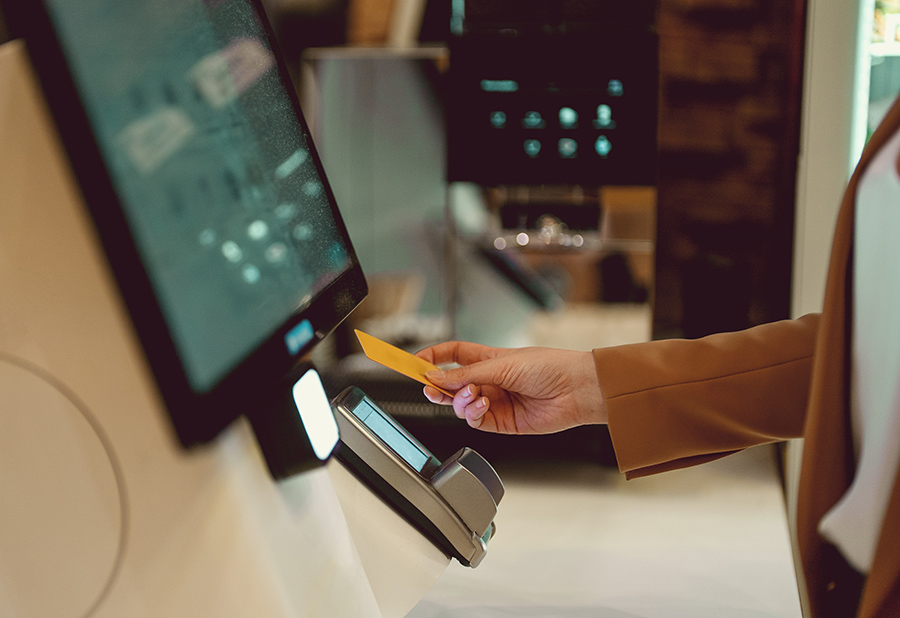Leveraging POS Mobility
Mobile integration is an absolute must for retailers who want to stay ahead of the competition. With most customers owning a smartphone, the mobile explosion means good things for retailers who take advantage of on-the-go purchases. Besides being convenient for the consumer, POS mobility allows for a branded, engaging experience as well. Experts suggest that by utilizing mobile POS strategically they can help solve tough retail pain points such as building customer loyalty and line busting. Those retailers who target mobile POS now will significantly grow their business, while those who fail to upgrade will surely flounder and even appear archaic. The following are some of the priorities regarding POS mobility that, when implemented, will help retailers flourish.
1. Understanding Customer Preferences
Although there have been a variety of ways to measure customer preferences, the analytics are clearer than ever with the use of mobile POS. By integrating this with your Customer Relationship Management data, accuracy increases regarding consumer partialities. The inability of retailers to provide a personalized customer experience is what makes the flexibility of mobile so attractive. POS Mobility has also been demarcated as the top objective in the aim to enhance the traditional POS experience to improve customers’ growing technological and personal expectations.
2. Multi-system Integration with Applications
Top retailers are discovering the importance of multi-system integration with applications. POS integration with other applications should be a key priority as well as the implementation of dynamic marketing content through mobile devices. Most retailers store their customers’ information and purchase history in one centralized database that they can then integrate on multiple platforms – including mobile devices. Yet, in order to do this, retailers need to implement a quality ERP database that can handle complex data calls. Additionally, they would need an interface with a point of sale system that can be integrated with mobile devices and applications. The likelihood of POS mobility working for a retailer depends on having an ERP database and a POS system complex in place so it is able to support mobile applications.
3. Pain Points Can Be Resolved with Mobile POS Applications
Top priorities for retailers include: the ability to collect customer data and store it in a CRM, cross-selling and up-selling, and payment processing. All of these are typically huge target areas for those pursing mobile POS integration. The desire for POS mobility makes sense when you consider that retailers often want o know more about their customers, but don’t want to have them wait in longer checkout lines just to acquire this data. Besides, getting cashiers to take initiative to obtain this kind of information can be like pulling teeth! Most customers are not ready to discuss loyalty after waiting in line 30+ minutes. Yet POS mobility helps speed up customer interactions outside of the checkout lane while providing a more engaging, personalized retail experience.
These are just a few of the reasons that Mobile POS is trending and will be a hot topic in 2018. It will be among the top desires for retailers looking to stay competitive and relevant while affecting the bottom line. Interested in getting your mobile POS up to speed? Give Dodson a call today!








